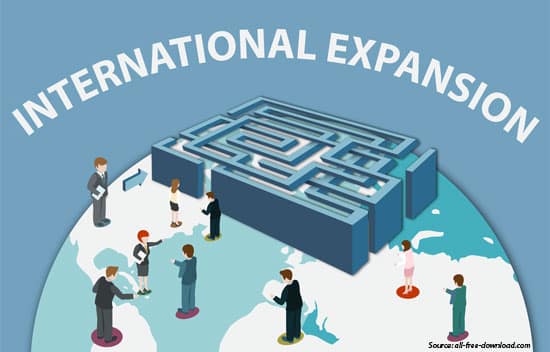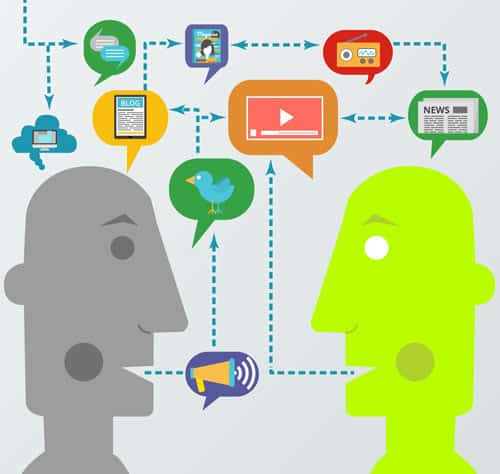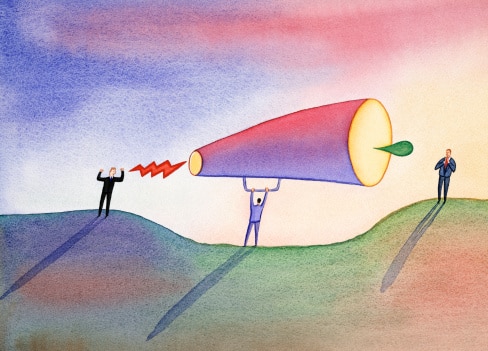
Introduction
In today’s rapidly globalizing business environment, international human relations skills are becoming increasingly crucial for organizations seeking to expand their operations across borders. Developing and fostering strong international human relations can not only improve communication, collaboration, and efficiency within diverse teams but also promote a healthy organizational culture that drives growth and success. In this comprehensive guide, we will delve deep into the essential international human relations skills necessary for thriving in the global business landscape, providing actionable insights, real-world examples, and practical tips for personal and professional development.
Cultivating Self-Respect and Mutual Respect in the Workplace
Building Self-Respect
Self-respect is the foundation of an individual’s confidence in their abilities and worth. Employees with low self-respect often suffer from performance-limiting conditions, such as depression, anxiety, and other mental health issues. On the other hand, individuals with high self-esteem demonstrate improved morale, attitudes, and overall satisfaction. To foster self-respect, consider the following:
- Regularly engage in self-reflection to identify your strengths and areas for improvement.
- Set realistic goals and celebrate your achievements.
- Surround yourself with positive influences and seek constructive feedback.
- Practice self-compassion and avoid self-criticism.
Fostering Mutual Respect
Mutual respect in the workplace is essential for effective communication, collaboration, and problem-solving. It involves valuing the unique perspectives, ideas, and contributions of others, regardless of their background or cultural differences. To promote mutual respect, organizations should:
- Encourage open communication and active listening.
- Implement diversity and inclusion training programs.
- Establish clear expectations and guidelines for workplace conduct.
- Recognize and celebrate individual and team achievements.
Enhancing Self-Awareness and Self-Disclosure for Stronger Connections
Developing Self-Awareness
Self-awareness is the ability to understand how others perceive you in terms of personality, beliefs, emotions, strengths, and weaknesses. Cultivating self-awareness can lead to better decision-making, improved relationships, and increased emotional intelligence. To improve self-awareness, consider:
- Seeking feedback from peers, supervisors, and mentors.
- Reflecting on your thoughts, emotions, and behaviors in various situations.
- Practicing mindfulness and meditation to increase self-observation.
- Taking personality assessments or engaging in professional coaching.
Embracing Self-Disclosure
Self-disclosure is the process of revealing personal information and characteristics to others, such as beliefs, preferences, feelings, and attitudes. By sharing personal details, individuals can build trust, enhance relationships, and foster genuine connections with others. To practice self-disclosure effectively, consider:
- Gradually disclosing personal information, starting with less sensitive topics.
- Being open and honest in your communication.
- Respecting the privacy and boundaries of others.
- Practicing active listening and empathy when others disclose personal information.
Strengthening Communication Skills for Cross-Cultural Collaboration
Effective communication is vital for all business transactions, but international business presents unique challenges, such as language barriers, cultural differences, and varying communication styles. To improve your communication skills in a global business environment, consider:
- Learning about the communication styles and cultural norms of your international counterparts.
- Engaging in language learning or working with professional translation services when necessary.
- Practicing active listening and asking clarifying questions to ensure understanding.
- Adapting your communication style to accommodate diverse audiences.
Understanding Group Dynamics for High-Performing Teams
Group dynamics refer to the interactions and relationships between individuals within a team. Positive group dynamics can enhance productivity and decision-making, while negative dynamics can hinder progress and create conflict. To foster positive group dynamics in a diverse team, consider:
- Establishing clear roles and responsibilities for team members.
- Encouraging open communication, collaboration, and information-sharing.
- Providing opportunities for team-building activities and social interactions.
- Addressing and resolving conflicts promptly and constructively.
Boosting Motivation to Drive Performance and Engagement
Motivation is the driving force behind an individual’s willingness to achieve results and fulfill their obligations. Understanding the factors that influence motivation in a diverse team is crucial for promoting employee engagement and performance. To enhance motivation among team members, consider:
- Recognizing and rewarding individual and team accomplishments.
- Providing opportunities for personal and professional growth.
- Ensuring that goals and expectations are clearly communicated and aligned with the organization’s objectives.
- Balancing extrinsic and intrinsic motivational factors to cater to varying preferences and cultural backgrounds.
Navigating Cross-Cultural Communication and Intercultural Competence
Developing Cross-Cultural Communication Skills
Cross-cultural communication is the ability to effectively convey and interpret messages between individuals from different cultural backgrounds. Developing strong cross-cultural communication skills can help prevent misunderstandings, foster trust, and promote successful collaboration. To improve your cross-cultural communication skills, consider:
- Learning about the cultural values, beliefs, and customs of your international counterparts.
- Adapting your communication style to accommodate different cultural preferences.
- Practicing empathy and patience when communicating with individuals from different cultures.
- Seeking feedback and asking clarifying questions to ensure understanding.
Enhancing Intercultural Competence
Intercultural competence is the ability to interact effectively and appropriately with people from diverse cultural backgrounds. Cultivating intercultural competence can help individuals navigate cultural differences, foster inclusivity, and promote successful collaboration in international teams. To enhance your intercultural competence, consider:
- Engaging in cultural immersion experiences, such as travel or language learning.
- Participating in diversity and inclusion training programs.
- Developing cultural intelligence (CQ) through self-assessment and reflection.
- Actively seeking opportunities to interact with and learn from individuals from diverse cultural backgrounds.
Promoting Employee Engagement and Conflict Resolution in Diverse Teams
Fostering Employee Engagement
Employee engagement is the emotional commitment and involvement an individual has towards their organization and its goals. Engaged employees are more likely to be productive, motivated, and loyal to their organization. To foster employee engagement in a diverse team, consider:
- Providing opportunities for personal and professional development.
- Encouraging open communication and feedback.
- Recognizing and celebrating individual and team achievements.
- Ensuring that employees feel valued and included in the organization’s decision-making processes.
Implementing Conflict Resolution Strategies
Conflict is an inevitable part of working in diverse teams, but effective conflict resolution can help maintain positive group dynamics and foster a supportive working environment. To implement successful conflict resolution strategies, consider:
- Encouraging open communication and active listening to understand different perspectives.
- Mediating conflicts through impartial and constructive discussions.
- Providing training and resources to help employees develop conflict resolution skills.
- Establishing clear expectations and guidelines for workplace conduct.
Conclusion
Mastering international human relations skills is vital for organizations seeking success in the global business environment. By cultivating self-respect, mutual respect, self-awareness, and self-disclosure, strengthening communication skills and group dynamics, and enhancing motivation, cross-cultural communication, intercultural competence, employee engagement, and conflict resolution, individuals and organizations can foster a diverse and inclusive workplace that drives growth and success. As the world becomes increasingly interconnected, the ability to navigate and adapt to diverse cultures and perspectives will continue to be a critical factor in achieving global business success.


